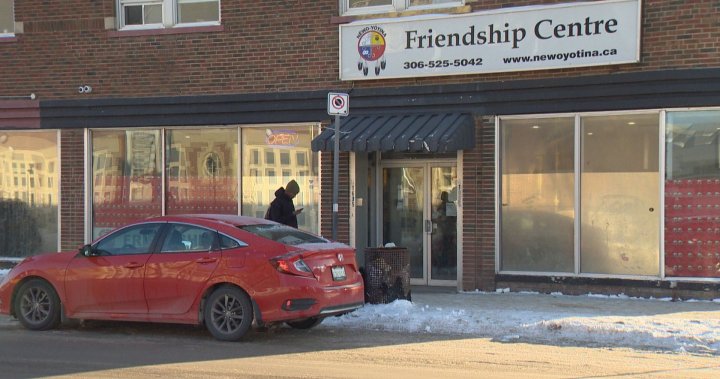The Nēwo-Yōtina Friendship Centre in Regina, Saskatchewan, has achieved a significant milestone in its harm reduction efforts by securing an exemption from Health Canada to operate as a supervised consumption site (SCS). This designation marks a critical advancement in the city’s response to the ongoing overdose crisis and establishes the centre as the first and only SCS in Regina. Operating previously under an urgent needs exemption for overdose prevention since 2021, the centre’s transition to a fully sanctioned SCS underscores the importance of harm reduction strategies in addressing the complex challenges of substance use. This development also highlights the persistent need for such services within the community.
The newly authorized SCS at the Nēwo-Yōtina Friendship Centre will provide a safe and supervised environment for individuals to consume drugs, minimizing the risks associated with overdose and disease transmission. Crucially, the site will also offer a comprehensive range of evidence-based harm reduction services, including drug checking, which allows users to ascertain the composition and potency of their substances, further reducing the potential for adverse events. This integrated approach acknowledges the multifaceted nature of substance use and aims to provide holistic support to individuals struggling with addiction. The centre’s SCS joins Prairie Harm Reduction in Saskatoon as the second such facility in the province, expanding access to these vital services for Saskatchewan residents.
The establishment of the SCS comes amidst ongoing debate surrounding harm reduction approaches. While independent organizations seeking to operate an SCS must apply to Health Canada for an exemption from the Federal Controlled Drugs and Substances Act, provincial government approval is not mandatory. However, the Saskatchewan government has historically expressed reservations about drug consumption sites, emphasizing its focus on treatment and rehabilitation as the primary pathway to addressing addiction. This stance reflects a broader tension between harm reduction and abstinence-based models of care, with the former prioritizing immediate life-saving interventions and the latter emphasizing long-term recovery goals.
The Saskatchewan government reiterates its commitment to addiction treatment and recovery, highlighting the dangers associated with illicit drug use. While acknowledging the harms associated with substance use, proponents of harm reduction argue that SCSs provide a crucial bridge to treatment by engaging individuals who might otherwise be unreachable, offering them a safe space and access to support services. The SCS model recognizes that addiction is a complex issue and that immediate harm reduction measures can be instrumental in preventing overdose fatalities and connecting individuals with the resources they need to pursue recovery.
The Nēwo-Yōtina Friendship Centre’s transition to a fully operational SCS represents a significant step forward for harm reduction initiatives in Regina. By providing a safe and supportive environment, coupled with evidence-based services, the centre aims to mitigate the harms associated with drug use and connect individuals with pathways to recovery. This achievement underscores the dedication of community organizations in addressing the overdose crisis and advocating for the health and well-being of vulnerable populations. The SCS will serve as a vital resource for individuals struggling with substance use, offering a lifeline of support and hope amidst the challenges of addiction.
The establishment of Regina’s first SCS signifies a growing recognition of the importance of harm reduction strategies in addressing the complex realities of substance use. While debates surrounding the effectiveness of different approaches continue, the Nēwo-Yōtina Friendship Centre’s initiative demonstrates a commitment to providing evidence-based, life-saving interventions. The centre’s dedication to harm reduction principles offers a beacon of hope for individuals struggling with addiction, providing a safe haven and access to essential services that can ultimately pave the way towards recovery and a healthier future. The SCS stands as a testament to the power of community-based solutions in addressing pressing social issues and improving the lives of vulnerable populations.










